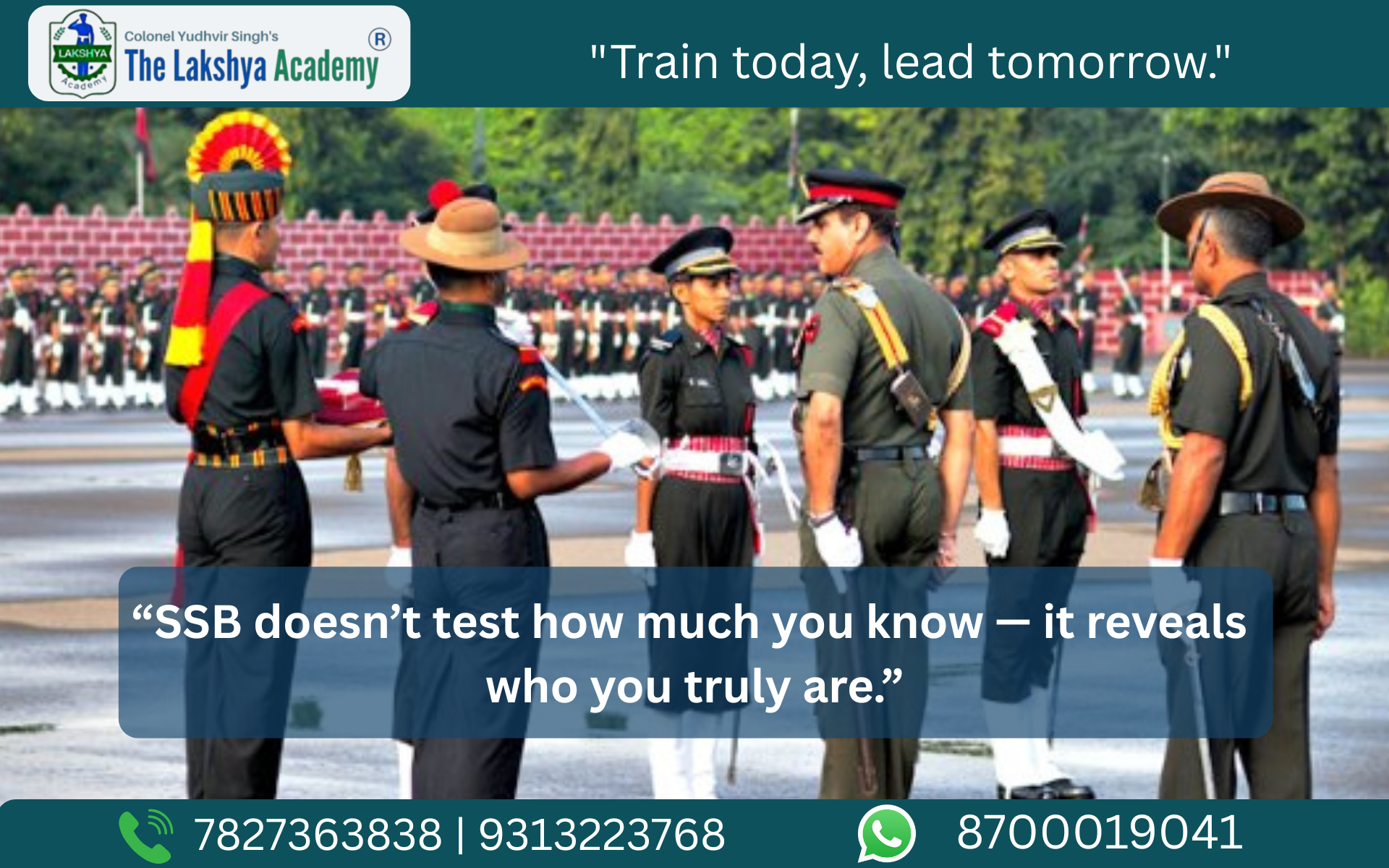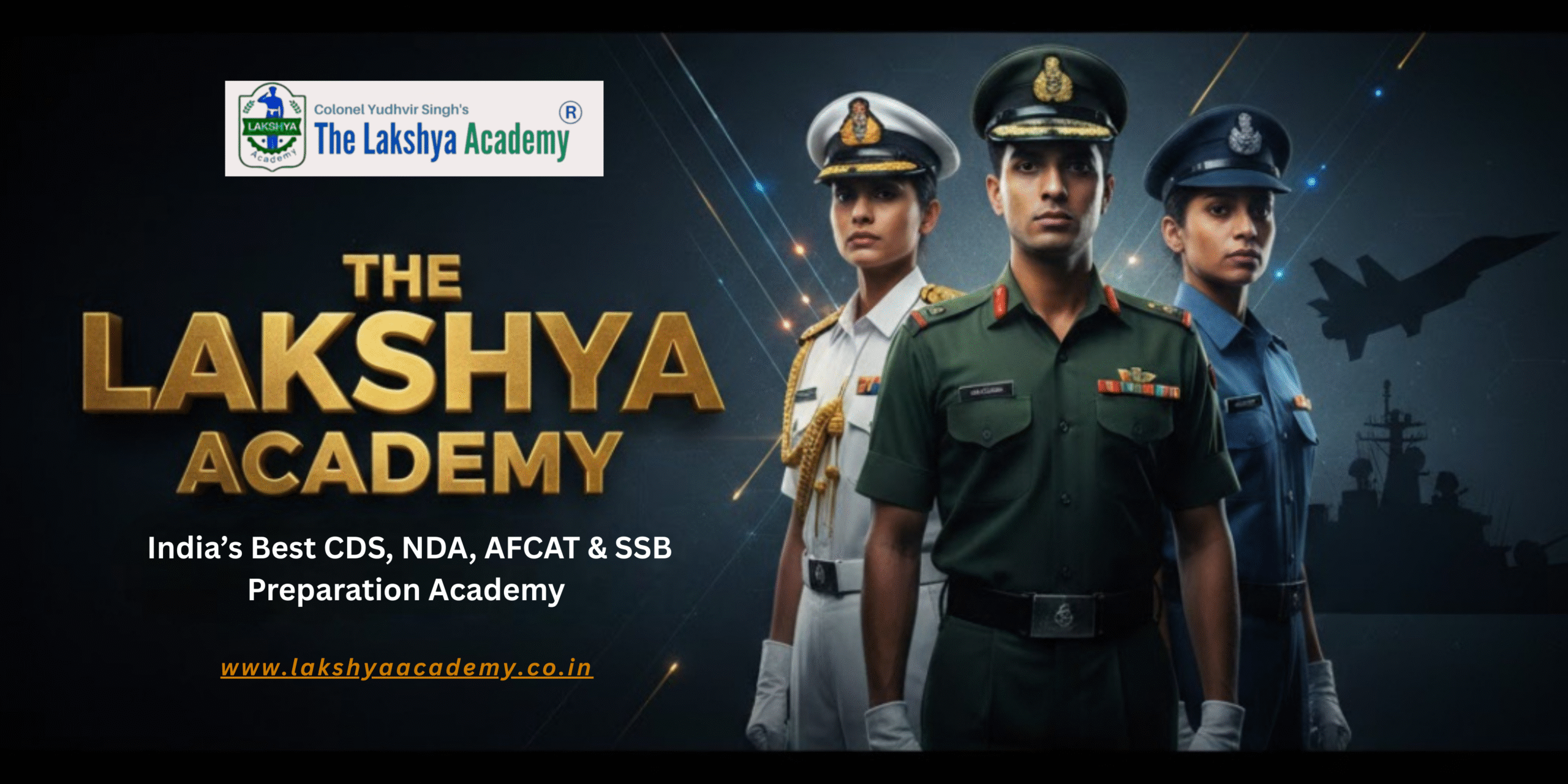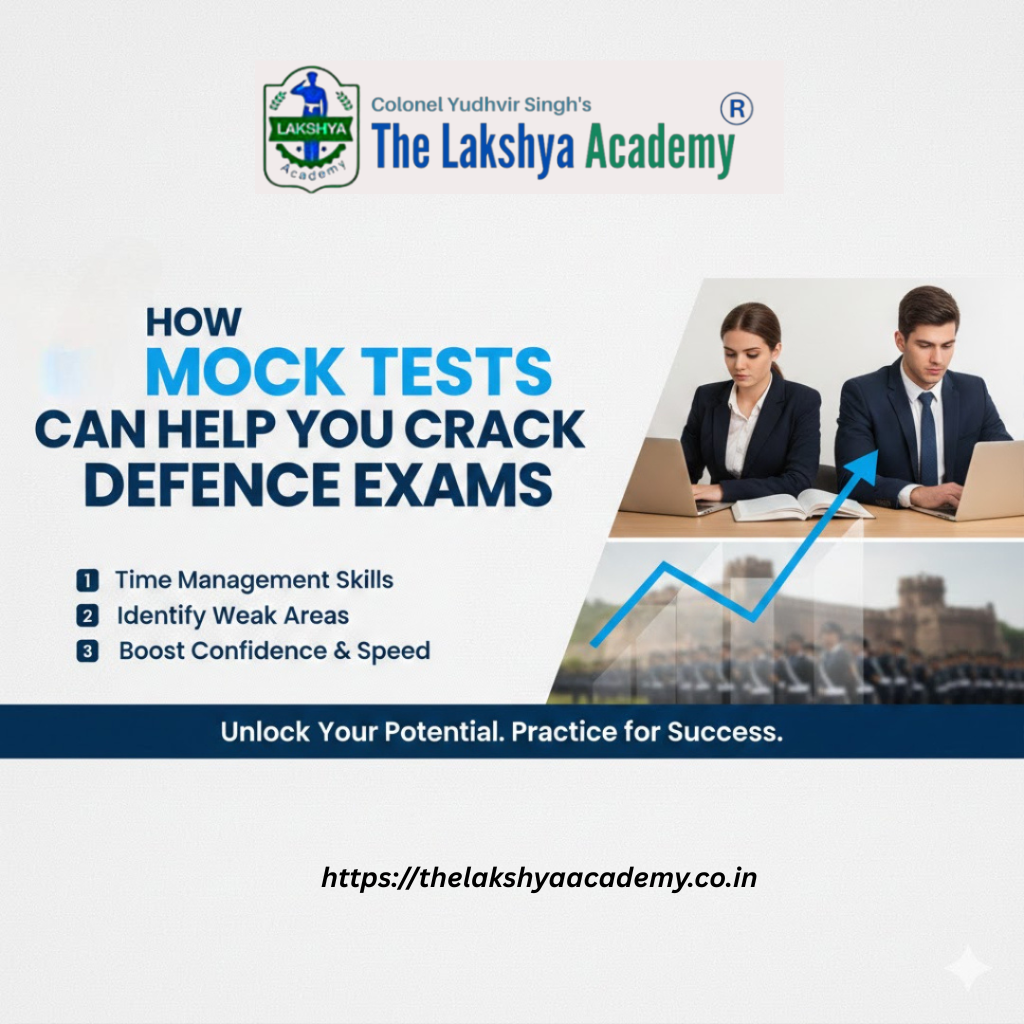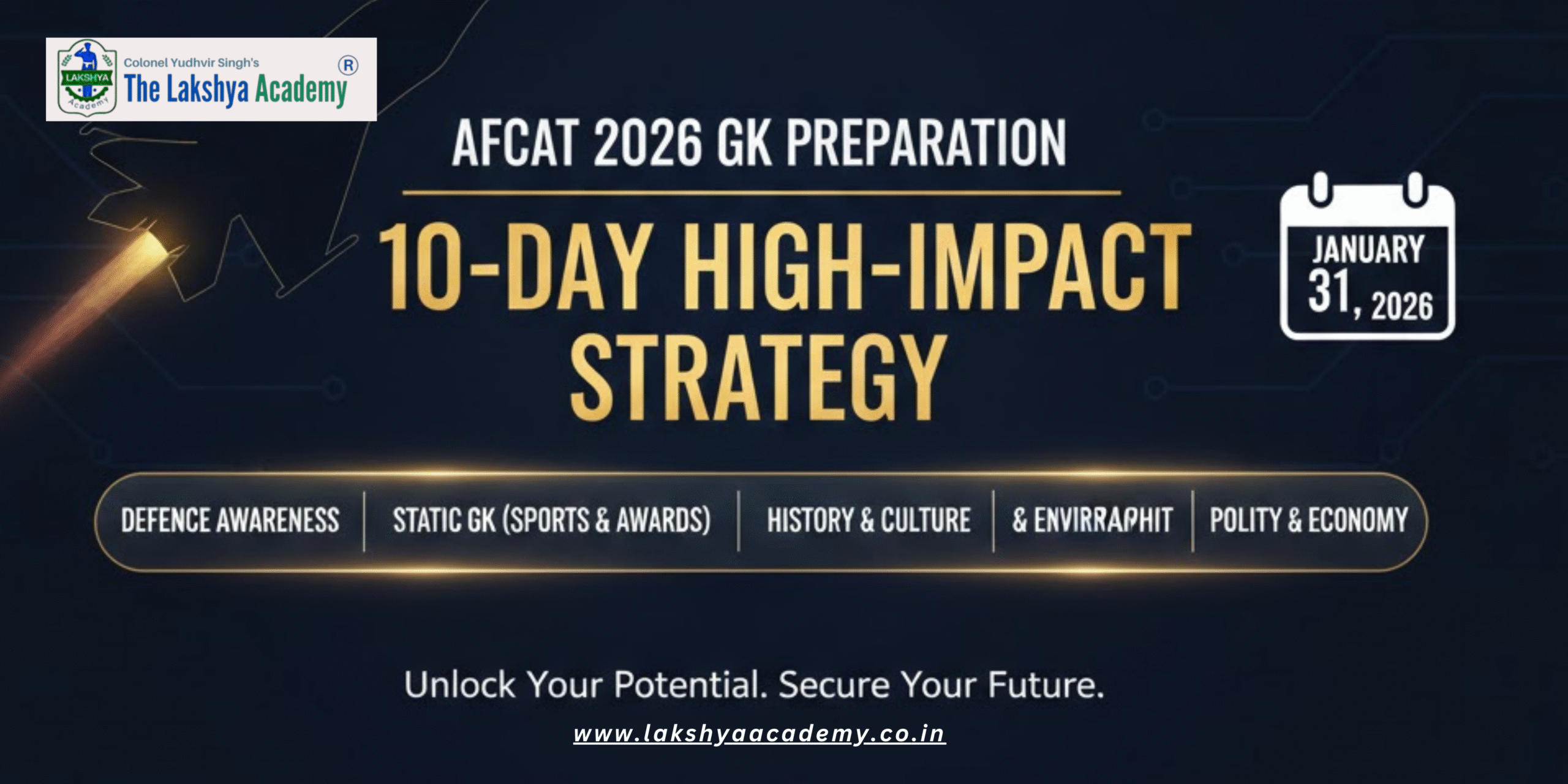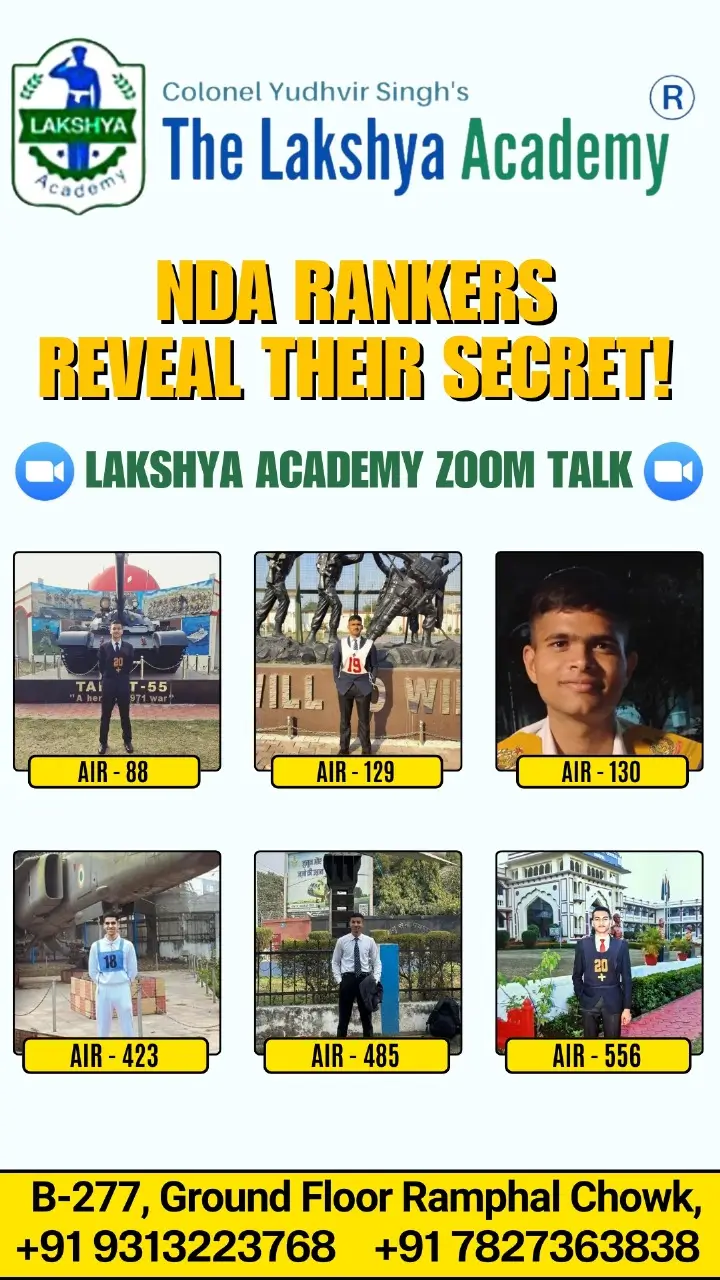The SSB Interview (Services Selection Board Interview) is a five-day selection process conducted by the Indian Armed Forces — Army, Navy, and Air Force — to assess candidates for officer-level entries such as NDA, CDS, AFCAT, INET, and others.
It evaluates a candidate’s Officer-Like Qualities (OLQs) through psychological tests, group tasks, and interviews.
📅 Overview of the 5-Day SSB Schedule
| Day | Stage | Main Focus |
|---|---|---|
| Day 0 | Reporting & Document Check | Verification and briefing |
| Day 1 | Screening Tests | Elimination round |
| Day 2 | Psychological Tests | Personality assessment |
| Day 3 & 4 | GTO Tasks + Personal Interview | Leadership & group behavior |
| Day 5 | Conference | Final assessment and result |
🔹 DAY 0 – Reporting & Documentation
- Candidates report at the Selection Centre (e.g., Allahabad, Bhopal, Bangalore, Gandhinagar, etc.).
- Document verification takes place (Admit card, certificates, ID proof).
- A short briefing session is conducted by the Duty Officer about the schedule and rules.
- Candidates are allotted chest numbers for identification.
🔹 DAY 1 – Screening Test
This is the first stage of elimination. Only candidates who clear this stage stay for the remaining days.
The Screening Process includes:
- Officer Intelligence Rating (OIR) Test
- Two sets of written tests assessing verbal and non-verbal reasoning.
- Time: Around 30 minutes for each.
- Difficulty: Moderate (similar to logical reasoning questions).
- Picture Perception & Description Test (PPDT)
- A blurred picture is shown for 30 seconds.
- Candidates must write a story in 4 minutes, describing:
- No. of characters
- Their mood
- Age
- What is happening
- Then, group discussion (GD) follows where each candidate narrates their story and a common story is created.
📍 Result of Day 1
- Based on OIR + PPDT performance, the assessors shortlist candidates.
- Selected ones stay for further testing; others are sent back home the same day.
🔹 DAY 2 – Psychological Tests
This stage is conducted by psychologists to assess your personality traits and subconscious thinking patterns.
Tests Conducted:
- Thematic Apperception Test (TAT)
- 12 pictures shown (11 + 1 blank).
- Write a story for each in 4 minutes.
- Focus: Past, Present, Future actions showing positivity, leadership, and responsibility.
- Word Association Test (WAT)
- 60 words shown for 15 seconds each.
- You must write the first thought that comes to your mind.
- Shows your attitude, emotions, and thinking pattern.
- Situation Reaction Test (SRT)
- 60 practical situations given.
- You must write your reaction or action for each in 30 seconds.
- Tests decision-making and presence of mind.
- Self-Description Test (SD)
- You write about what your parents, teachers, friends, and yourself think about you.
- Reflects self-awareness and consistency with other tests.
🔹 DAY 3 & DAY 4 – GTO Tasks + Personal Interview
These two days focus on your Group Testing Officer (GTO) activities and Personal Interview (PI).
These assess your teamwork, initiative, confidence, and leadership skills.
GTO Tasks (Group Testing Officer Tasks)
- Group Discussion (GD)
- Two rounds of discussions on current affairs or social issues.
- Assesses communication, reasoning, and group cooperation.
- Group Planning Exercise (GPE)
- A model (map) is shown with problems.
- You must plan and discuss a solution as a group.
- Progressive Group Task (PGT)
- Group crosses obstacles using ropes, planks, etc.
- Tests cooperation and problem-solving.
- Half Group Task (HGT)
- Same as PGT, but in smaller groups.
- Lecturette
- Speak for 2–3 minutes on a given topic after a minute of preparation.
- Individual Obstacles (IO)
- 10 obstacles to complete in 3 minutes.
- Tests physical fitness and courage.
- Command Task (CT)
- You act as a commander and lead helpers to complete an obstacle.
- Tests leadership, confidence, and communication.
- Final Group Task (FGT)
- Entire group performs one last outdoor task together.
Personal Interview (PI)
Conducted by the Interviewing Officer (IO) — generally between Day 2 to Day 4.
Common Areas:
- Personal background (education, hobbies, goals)
- Family & friends
- Academic and extracurricular record
- Current affairs and general knowledge
- Motivation for joining the Armed Forces
- Situational and personality-based questions
🟢 Tip: The IO tries to understand your real personality, not your rehearsed answers. Be natural, honest, and positive.
🔹 DAY 5 – Conference Day
- All three assessors (IO, Psychologist, and GTO) discuss each candidate’s performance.
- You’ll meet the board in a short formal interaction (2–3 minutes).
- They may ask about your stay, experience, or general questions.
- After all candidates are interviewed, final results are announced.
Outcome:
- Recommended candidates stay for the medical examination.
- Others are sent back with experience and feedback.
🩺 Medical Examination (Post SSB)
- Conducted at a military hospital (lasts 3–5 days).
- Includes physical fitness, eyesight, hearing, dental, and overall health tests.
- Only medically fit candidates are considered for final merit.
🏅 Final Merit List
- The final merit is based on:
- SSB Performance
- Medical Fitness
- Educational Qualifications
- Written Exam Score (for NDA/CDS/AFCAT)
Successful candidates receive joining letters from their respective academies:
- NDA – Khadakwasla (Pune)
- IMA – Dehradun
- AFA – Dundigal (Hyderabad)
- INA – Ezhimala (Kerala)
💡 Key Qualities Assessed (15 OLQs)
- Effective Intelligence
- Reasoning Ability
- Organizing Ability
- Power of Expression
- Social Adaptability
- Cooperation
- Sense of Responsibility
- Initiative
- Self-Confidence
- Speed of Decision
- Ability to Influence the Group
- Liveliness
- Determination
- Courage
- Stamina
💭 Final Thought
The SSB is not about testing knowledge, but about revealing your true personality.
If you’re honest, confident, responsible, and positive — the board will see the officer in you.
“The SSB doesn’t select the best; it selects the most suitable.”
– Be Yourself, Be Positive, and Believe in Your Potential.

